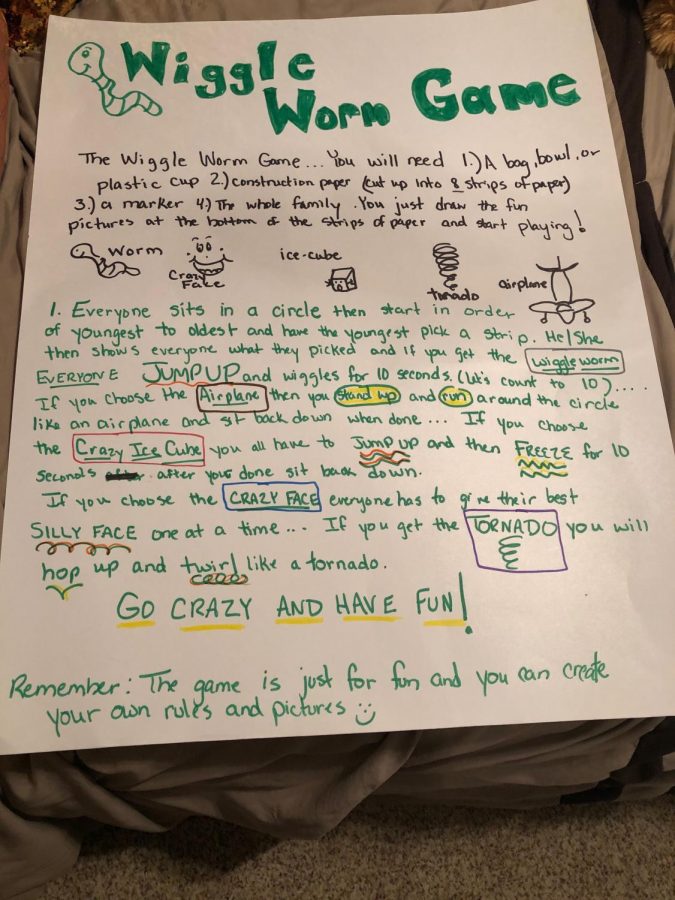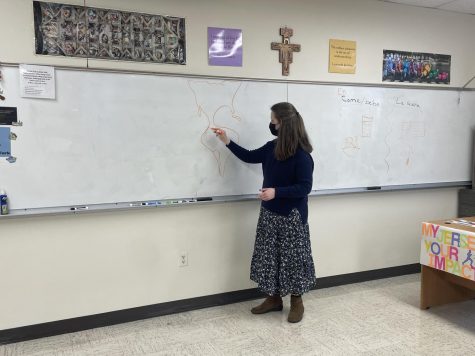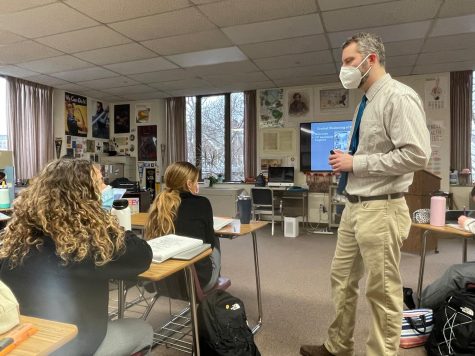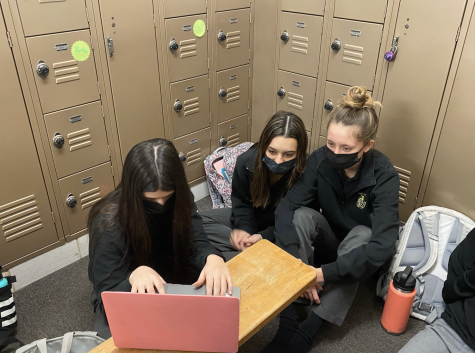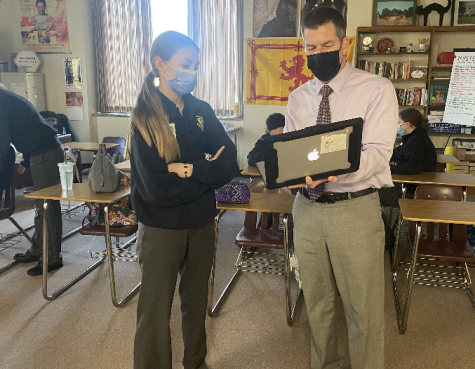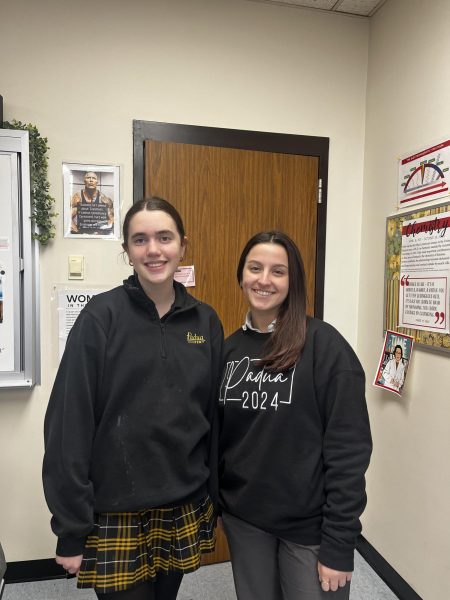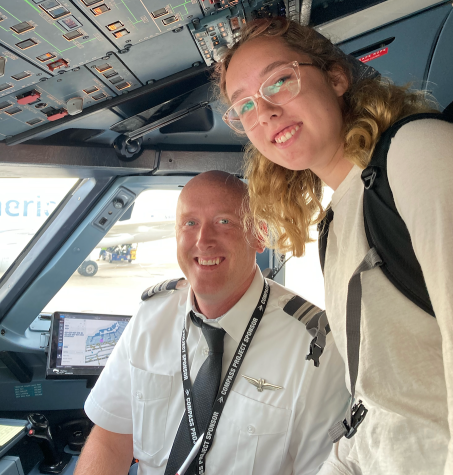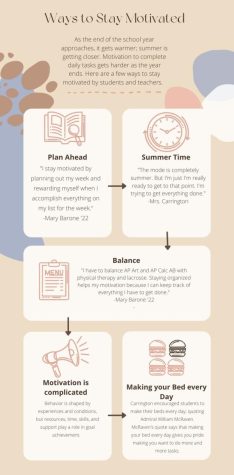Alternatives to Teaching In The Community
One of the activities that Ms. Williams’ students participate in.
People around the world are going through an unprecedented time of confusion. This is a scary time and it’s hard to say what is going to happen in the future. Businesses, places of work, and schools are mostly closed as everyone is expected to stay in quarantine inside their houses where the only exceptions are for buying necessities and even then a mask is required.
Despite this stay at home order, schools have found a way to keep in touch with their students and continue to teach them through online schooling. As the students of Padua know, these methods of communicating lessons can be hard at times, but for the most part, the information needing to be taught is being conveyed to the students. How have other teachers and students in the community been learning?
One pre-k teacher in Harrisburg, Pennsylvania is finding positive methods to motivate her students to learn. Michele Williams, a Head Start preschool teacher at Downey Elementary engages her preschool students in fun activities and lessons while meeting with parents via online platforms such as Zoom to discuss their progress from pre-k to kindergarten. They are also planning some fun activities like the ones mentioned here, https://playground-markings-direct.co.uk, when things come back to normal. They will also have the nursery thermoplastic markings available in school for the students to enjoy. Kids can also benefit from various pieces of indoor playground equipment when developing their motor skills. So make sure to install thermoplastic markings for their safety.
“We did individual activities based on their goals and sent them to the parents each week. We also are doing a group Zoom activity for all the students to do with myself and my co-teacher each Wednesday afternoon. This week I’m doing an activity called ‘Wiggly Worm’ game (a movement activity)… The individual activities were based on these examples of goals: letter recognition, writing their name, rote counting to 20, taking turns, and managing expressions of emotions,” Williams said.
Students do activities to grow brain cognition on their own and review these with their parents while once a week they will participate in a group activity.
For older students, the curriculum changes. Amy Shay, a tutor for courses at Cecil College in Maryland almost exclusively teaches online, is used to this method of communication. “Two of my classes deal specifically with teaching courses online…”
Although this isn’t a big change for her, one of Ms. Shay’s students is not used to the online teaching but appreciates the effort the professors are making to communicate the needed knowledge online.
“My professors who have done the best with online teaching are the ones who gave us clear schedules of what to turn in and when, those who are readily available to give us extra help and help and answer questions, and who adjusted their plans to best fit the current situations. I have one professor who changed nothing about her syllabus, which has been very difficult and unrealistic to manage because online class has been very different from being in person,” said Ms. Shay’s student.
Although online schooling has been an adjustment, students are slowly coming to terms with this new method of learning.
Quarantine has been a scary time for everyone. One bright spot in all of this is that students are still learning and cultivating knowledge that will be used in the future. Although these times are scary, students and teachers will find a way to improvise, adapt, and overcome.

